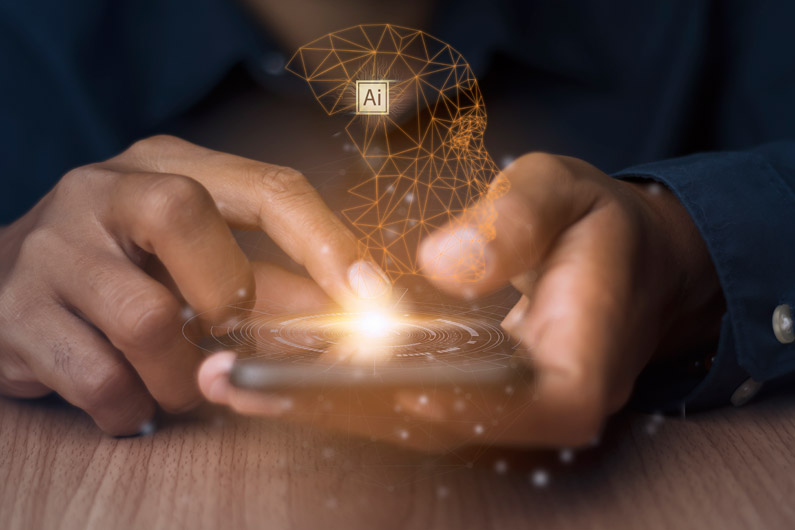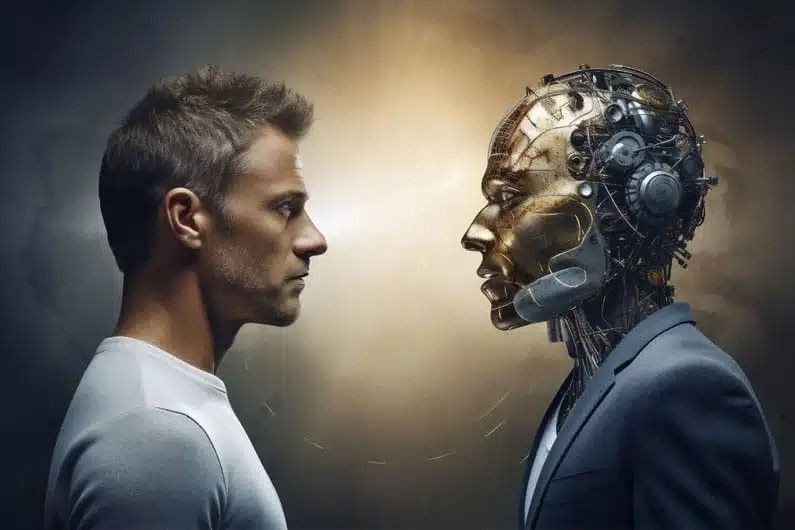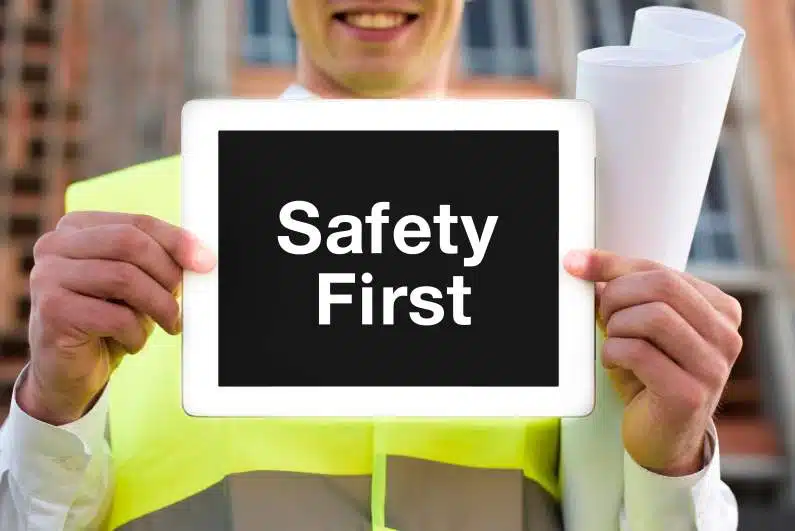In some ways, it seems like the internet is practically packed with discussions about machine learning, artificial intelligence (AI) and other inventive technology that could potentially replace humans in their offices. In fact, some journalists are worried that AI-based software, especially robot reporters, may replace their jobs. This is an achievement that seemed ridiculous, if not totally impossible, a couple of years ago.
Of course, the translation industry is not immune to AI-based software. However, it is questionable that AI-powered translators might fully replace human translators in the near future and some specialists allege that this technology is over-hyped.
Are Human Translators Replaceable?
AI is currently omnipresent; amongst its many uses, it runs virtual assistants, like Apple’s Siri and Amazon’s Alexa, and it can also identify what and who is in a picture. Based on your previous purchases and preferences, a robot has ideas regarding what you need to purchase next when shopping online.
Current machine learning technology possesses the ability to learn languages, but it cannot wholly comprehend the essence contained in human communications. However, to make it work, companies and individuals need a proper data labeling process so that the model will work accurately.
Below are some of the reasons why robots and AI cannot replace human translators yet.
Language Evolution
Language evolves at an alarming rate. Presently, some words and ideas didn’t exist one or two decades ago. Meanwhile, a few words might change their meaning and people might not use them the way they used them in their old sense. Humans are in a much better position when it comes to adapting to the language’s changing dynamics.
Robots Cannot Understand a Culture
Different cultures come with different lexical terms, such as proper nouns, idioms and slang, which are unique to that particular culture. Robots cannot recognize or understand a culture. In the meantime, human translators who are well conversant with the languages they translate entirely understand the idioms and slang.
Remember that a word may mean one thing in one language and something totally different in another language. Just because a machine can directly translate a word does not mean it understands the word’s meaning. As a matter of fact, some languages have words with dual meanings and these can turn out to be a hindrance to machine translators.
It Is Hard for a Machine to Match the Human Mind’s Versatility
AI and robot translation is incredible at translating a piece that follows a structured logic. On the other hand, language is relatively fluid and contains no specified criteria, in addition to having some personality. Since a language contains poetry, humor, emotions and puns, a machine might not translate it accurately.
Machines Will Not Replace Anything Just Yet
You will have guessed from the above points that machine translators will not replace your job tomorrow or the day after. Although interpreters, translators, journalists, copywriters and other language experts may lose their jobs in the future to AI and robots, that will not be happening soon. However, experts claim that within the next five years or so, machine translators will be in use in over 80% of the translation services across the world.
A worldwide machine translation system will need considerable advancement in technology. At present, there are over 7,000 languages globally while machine translation only covers a couple of major languages, so there is still a long way to go. Besides incorporating all language vocabularies into robots, developers should also include translation rules.
Do you have business documents or website content that you are interested in translating? Our expert native translators have experience in providing accurate, high-quality translators that will more than meet your expectations. Get in touch with BeTranslated for more information or a free, no-obligation quote.





